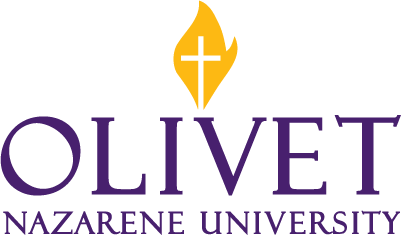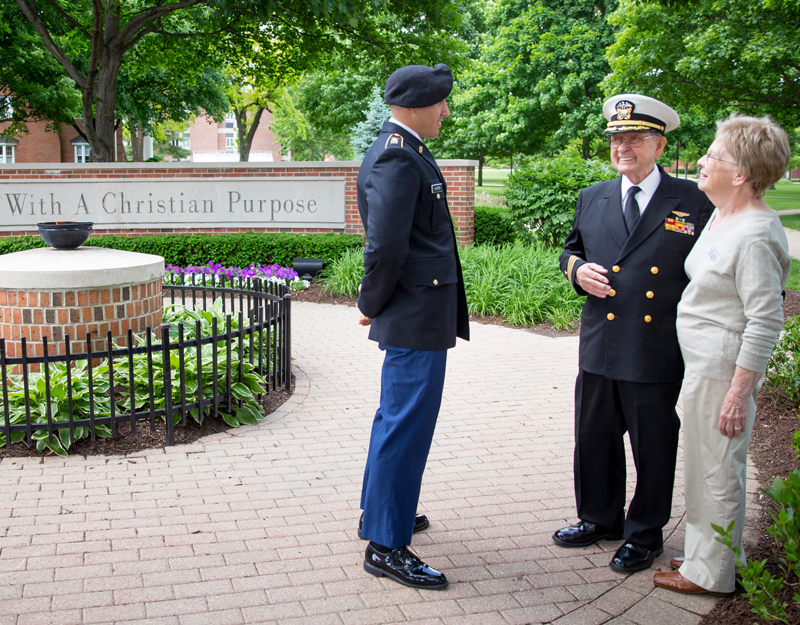Sunday April 28, 2024
Private Letter Ruling
Bequest Constitutes Unusual Grant
Organization made a written request to recognize a contribution acquired through decedent's bequest as an unusual grant under Reg. 1.170A-9(f)(6)(ii). Organization is an exempt organization and maintains a public representative governing body. Organization anticipates receiving a bequest in the form of Company Stock, which can be repurchased by Company at a later time for a specified amount. Organization has an established program of exempt activities and carries on its own program of public solicitation as well as a large grant making program prior to receiving decedent's donation. Decedent had no previous relationship to Organization before making the bequest contribution and did not exercise control over Organization, whether directly or indirectly. Additionally, no material restrictions have been placed on the grant. Organization is requesting that the grant be treated as an unusual grant to protect Organization's publicly supported status.
In order for a charity to retain public charity status under Sec. 509(a), it must receive at least one third of its support from donors who give 2% or less of total support. Large bequests from a single individual can threaten a public charity's status; however, certain donations may be excluded from the public support test. Section 1.170A-9(f)(6)(ii) explains that a contribution can be excluded from the public support test if it is (1) attracted by reason of the publicly supported nature of the organization, (2) is unusual or unexpected in size and (3) would, by reason of its size, adversely affect the organization's publicly supported status. A facts and circumstances test found in Sec. 1.509(a)-3(c)(4) provides additional considerations when determining if a contribution may be excluded as an unusual grant. Many of the factors relate to the donor's relationship to the organization, the type of contribution made and the amount of public support the charity has historically solicited and received. Here, the Service determined that the bequest satisfies both tests. Therefore, it is an unusual grant and will not adversely affect Organization's publicly supported status.
3/31/2023 (01/4/2023)
Dear zxc:
We have considered your March 3, 2022 request for recognition of an unusual grant under Treasury Regulation Section 1.170A-9(f)(6)(ii) and related provisions.
Based on the information provided, we concluded that the proposed grant constitutes an unusual grant under Treas. Reg. Section 1.170A-9(f)(6)(ii) and related provisions of the regulations. The basis for our conclusion is discussed below.
Facts:
You anticipate receiving a g dollars bequest from an individual who died on C. This bequest will cause you not to pass the public support test set forth in IRC Sections 509(a)(1) and 170(b)(1)(A)(vi) and Treasury Regulation Section 1.170A-9(f) and are requesting the bequest be considered an unusual grant. You expect the bequest to be in the form of D stock, which can be repurchased by Din the amount of g dollars.
The donor had no relationship to you prior to making a h dollars contribution to you in E. The donation was made due to your publicly supported nature. The donor has no control over you.
You carry on an actual program of public solicitation and have a large grant making program. Your public support percentage was j percent for year ending F.
Law:
Two sections of the Treasury Regulations set forth the criteria for an unusual grant. They are:
Treasury Regulation Section 1.170A-9(t)(6)(ii)
This section states that, for purposes of applying the 2% limitation to determine whether the 33 1/3% of-support test is satisfied or the 10% support limitation is met, one or more contributions may be excluded from both the numerator and the denominator of the applicable percent-of-support fraction. The exclusion is generally intended
to apply to substantial contributions or bequests from disinterested parties which:·
• are attracted by reason of the publicly supported nature of the organization;
• are unusual or unexpected with respect to the amount thereof; and
• would, by reason of their size, adversely affect the status of the organization as normally being publicly supported.
Treasury Regulation Section 1.509(a)-3(c)(4)
This section states that all pertinent facts and circumstances will be taken into consideration to determine whether a particular contribution may be excluded. No single factor will necessarily be determinative. Such factors may include:
• Whether the contribution was made by a person who;
a. created the organization;
b. previously contributed a substantial part of its support or endowment;
c. stood in a position of authority with respect to the organization, such as a foundation manager within the meaning of Internal Revenue Code (IRC) Section 4946(b);
d. directly or indirectly exercised control over the organization, or;
e. was in a relationship described in IRC Section 4946(a)(1)(C) through 4946(a)(1)(G) with someone listed in bullets a, b, c, or d above.
A contribution made by a person described in bullets a through e is ordinarily given less favorable consideration than a contribution made by others not described above.
• Whether the contribution was a bequest or an inter vivos transfer. A bequest will ordinarily be given more favorable consideration than an inter vivos transfer.
• Whether the contribution was in the form of cash, readily marketable securities, or assets which further the exempt purposes of the organization, such as a gift of a painting to a museum.
• Whether ( except in the case of a new organization) prior to the receipt of the particular contribution, the organization (a) has carried on an actual program of public solicitation and exempt activities and (b) has been able to attract a significant amount of public support.
• Whether the organization may reasonably be expected to attract a significant amount of public support after the particular contribution. Continued reliance on unusual grants to fund an organization's current operating expenses (as opposed to providing new endowment funds) may be evidence that the organization cannot reasonably be expected to attract future public support.
• Whether, prior to the year in which the particular contribution was received, the organization met the one-third support test described in Treas. Reg. Section 1.509(a)-3(a)(2) without the benefit of any exclusions of unusual grants pursuant to Treas. Reg. Section 1.509-3(c)(3);
• Whether the organization has a representative governing body as described in in Treas. Reg. Section 1.509(a)-3(d)(3)(i); and
• Whether material restrictions or conditions within the meaning of Treas. Reg. Section 1.507-2(a)(7) have been imposed by the transferor upon the transferee in connection with such transfer.
Application of Law:
The grant meets the requirements of Treas. Reg. Section 1.170A-9(f)(6)(ii) since the grant is from, until recently, a disinterested party, and:
a) The grant was attracted by reason of your publicly supported nature
b) The grant is unusual or unexpected with respect to the amount
c) The grant will adversely affect your status as normally being publicly supported
The grant meets Treas. Reg. Section 1.509(a)-3(c)(4) since the donor had no control over you and:
a) The grant is a testamentary bequest
b) The grant will be in the form of stock which can be easily transferred to cash
c) You have an established program of exempt activities and generate a substantial amount of public support
d) You expect to continue generating a substantial amount of public support
e) Prior to the grant you met the one-third support test described in Treas. Reg. Section 1.509(a)-3(a)(2) without any unusual grant exclusions
f) You have a public representative governing body, and
g) No material restrictions have been placed on the grant
We'll make this determination letter available for public inspection after deleting personally identifiable information, as required by IRC Section 6110. We've enclosed Letter 437, Notice of Intention to Disclose — Rulings, and a copy of the letter that shows our proposed deletions.
• If you disagree with our proposed deletions, follow the instructions in the Letter 437 on how to notify us.
• If you agree with our deletions, you don't need to take any further action.
We've sent a copy of this letter to your representative as indicated in your power of attorney.
If you have questions, please contact the person listed at the top of this letter.
Sincerely,
Stephen A Martin
Director, Exempt Organizations
Rulings and Agreements
Enclosures:
Redacted Letter 4787
Letter 437
Previous Articles
Scholarship Procedure Approved
Tourism Organization's Exempt Status Denied
Portability Election Extension Granted









